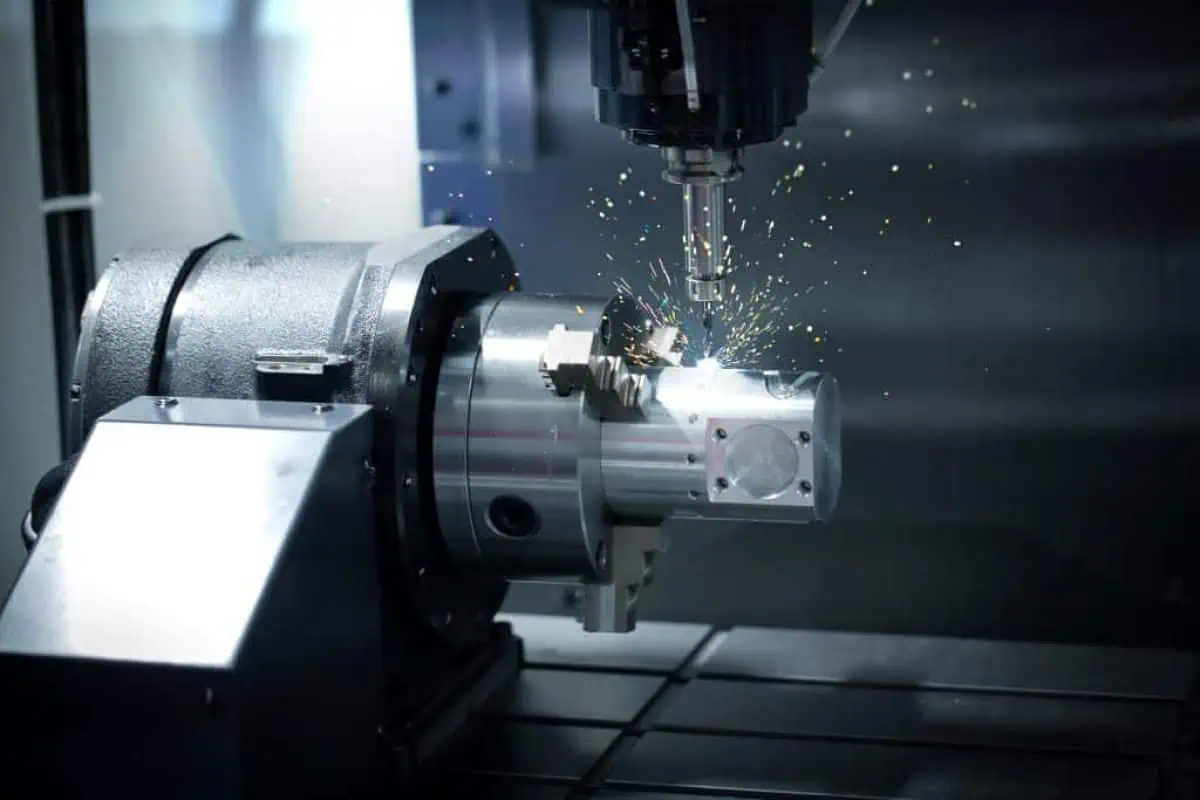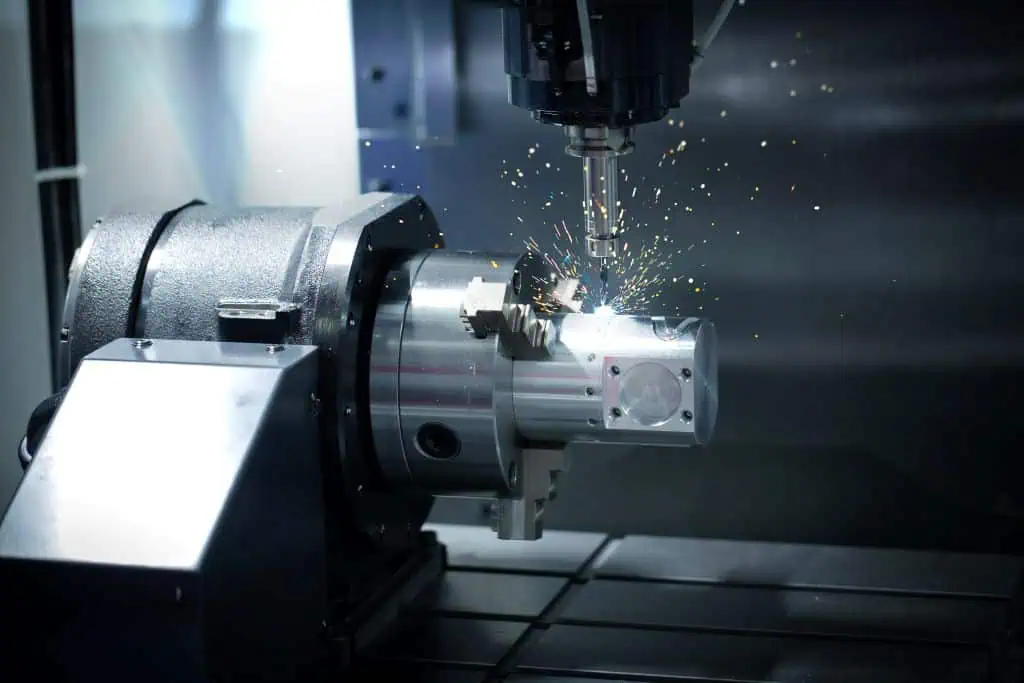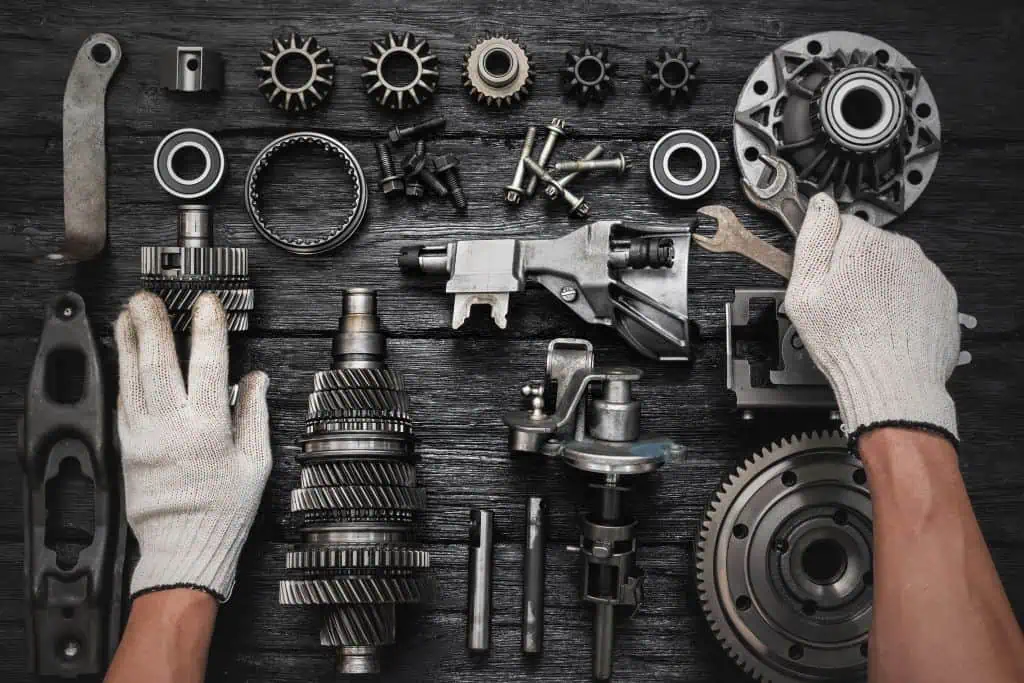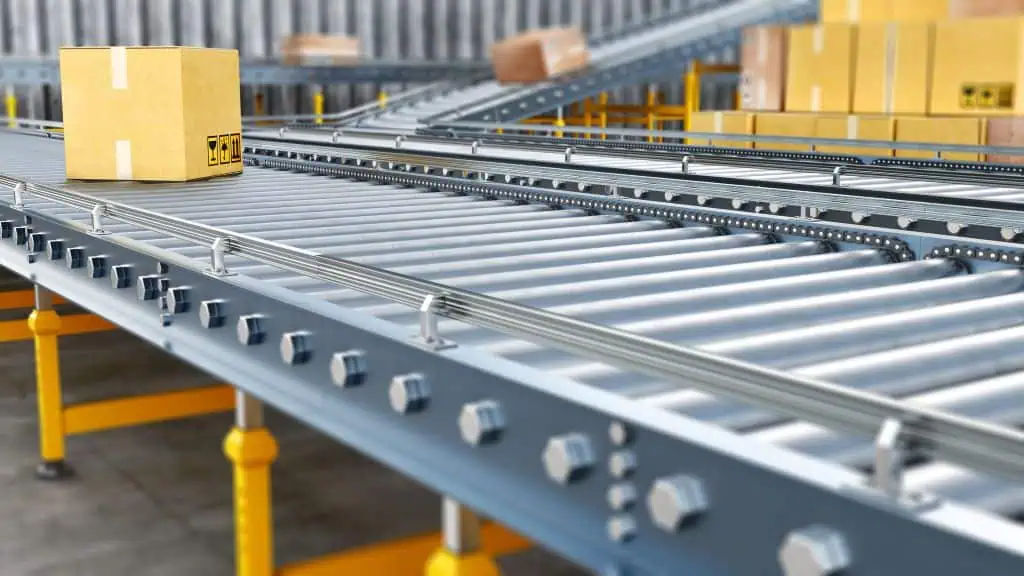In the intricate dance of modern manufacturing, two processes stand out for their ability to create the complex, high-quality components that industries demand: precision machining and metal fabrication. On their own, each offers a unique set of capabilities and advantages. However, when combined, they unlock a level of efficiency, versatility, and quality that is greater than the sum of its parts. This fusion has enabled contract manufacturers like us to produce complex assemblies that would typically require the coordination of several specialized vendors, all under one roof. We will take a look at how this is possible.
The Best of Both Worlds
At first glance, precision machining and metal fabrication might seem like similar processes, but they cater to different needs and excel in distinct areas. Precision machining involves the removal of material to achieve tight tolerances and complex geometries using tools like CNC mills and lathes. Metal fabrication, on the other hand, encompasses a broad set of processes including cutting, bending, and assembling metal materials, often utilizing laser cutters, metal forming machines, and welding equipment.
The differences, however, are not simply in the equipment types. Training is markedly different between a welder and a machinist. As such an organization using the different disciplines must have clear paths for improving skillsets and technical management strong enough to lead junior personnel.
Synergy in Equipment and Skillsets
The true magic happens when these two domains converge. Imagine having access to both CNC machining services, capable of producing precision parts with exquisite detail, and metal fabrication services, adept at shaping and assembling these parts into functional assemblies. This combination opens up new possibilities for design and functionality.
- CNC Mills and Lathes: These machines are the backbone of precision machining, allowing for the production of parts with tight tolerances and complex shapes. Their versatility in handling a wide range of materials makes them indispensable.
- Laser Cutters: In metal fabrication, laser cutters provide unmatched precision in cutting metal sheets. They are key to creating intricate designs that can then be further processed or assembled.
- Metal Forming Machines: These machines bend, stretch, and compress metal into the desired shapes, a process essential for creating components that fit together seamlessly in complex assemblies.
- Welding Equipment: The final step in the fabrication process often involves welding, which permanently joins metal parts together. Welding requires not just sophisticated equipment but also skilled technicians to ensure strong, durable bonds.
The Advantages for Customers
When manufacturers combine precision machining with metal fabrication, customers reap the benefits:
- Reduced Supply Chain Complexity: Instead of coordinating with multiple vendors for different stages of production, customers can rely on a single entity that manages the entire lifecycle of a component or assembly. This not only saves time but also significantly reduces logistical complexities.
- Enhanced Quality Control: With the entire production process under one roof, maintaining consistent quality becomes more manageable. There’s a seamless flow of quality assurance from one stage to the next, ensuring that every component meets stringent standards.
- Cost Efficiency: Integrating these services can lead to cost savings by reducing transportation and administrative overheads. Additionally, the ability to quickly iterate designs and prototypes in-house can further drive down costs.
- Innovative Solutions: The synergy between precision machining and metal fabrication encourages innovation. Designers and engineers can work closely with manufacturing teams to explore new materials, processes, and designs, pushing the boundaries of what’s possible.
Conclusion: Value in the Combination
The combination of precision machining and metal fabrication provides substantial value in manufacturing, where the emphasis is on versatility, quality, and efficiency. This holistic approach not only benefits manufacturers and their customers but also paves the way for innovation in product design and functionality. At Armes Precision, the integration of these services will continue to be a key driver in the evolution of our services, enabling the creation of complex assemblies that meet the ever-growing demands of industries worldwide.
In the heart of Lynchburg, Virginia, Armes Precision stands as proof of the power of combining precision machining and metal fabrication under one roof. For nearly 30 years, our manufacturing firm has been quietly but confidently building complex assemblies that push the boundaries of innovation and precision. Utilizing the full spectrum of capabilities we’ve discussed—CNC mills, lathes, laser cutters, metal forming machines, and expert welding—Armes Precision has not only contributed to the local economy but also to the industries that depend on high-quality, complex assemblies. Our dedication to quality, innovation, and efficiency exemplifies how the integration of diverse manufacturing processes can lead to exceptional outcomes.
#PrecisionMachining #MetalFabrication #ComplexAssemblies #CNCMills #LaserCutters #Innovation













